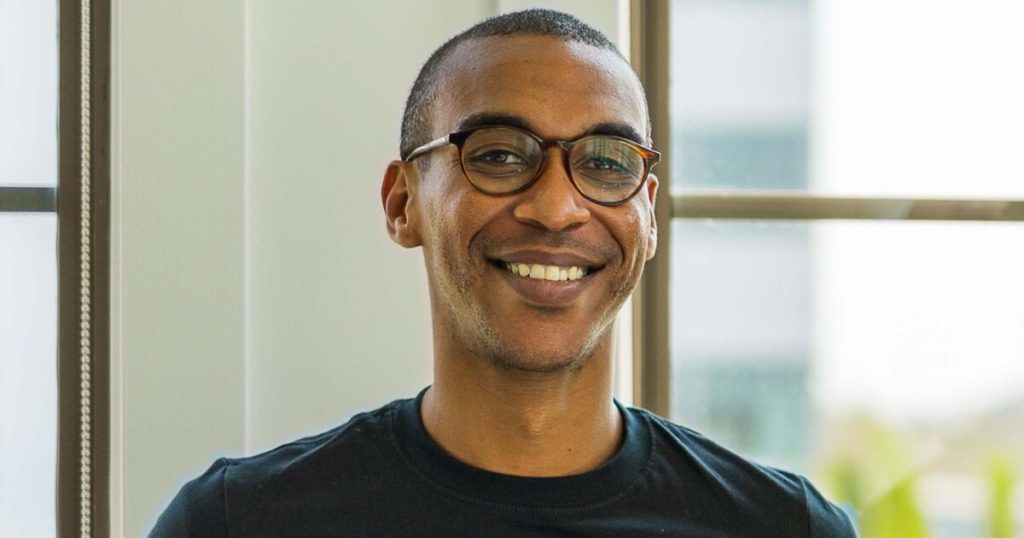FinTech
Thought Leaders in Financial Technology: Grain Cofounder and COO Carl Memnon (Part 2)
Sramana Mitra: What is your competition in this?
Carl Memnon: The way we see it and by what’s reflected in our customer base, our primary competitors are the traditional credit cards. Those are our competitors. That’s because the product functions exactly like a credit card in terms of reporting and a revolving line. But there’s no product that’s exactly like Grain.
>>>Thought Leaders in Financial Technology: Grain Cofounder and COO Carl Memnon (Part 1)

Carl discusses Grain’s FinTech innovation, and also some of the unique ways in which his company has been financed. Excellent conversation.
Sramana Mitra: Let’s start by introducing our audience to yourself as well as to Grain.
>>>Thought Leaders in Financial Technology: NorthOne CEO Eytan Bensoussan (Part 7)
Sramana Mitra: What is the revenue trajectory that you can share? How many subscribers do you have? What is the situation now?
Eytan Bensoussan: We don’t share specifics on that. What COVID did for us was, it actually put jet fuel in the engine and nobody told us. We thought it was the end of everything. Small businesses in America were looking for some sort of a banking offering that could be run from their basement. It turned a lot of eyes on folks like us and others in our space who are designed for branchless banking. The company grew dramatically.
>>>Thought Leaders in Financial Technology: NorthOne CEO Eytan Bensoussan (Part 6)
Sramana Mitra: It’s a very crucial point where you raise your first institutional round of financing. It doesn’t have to be an institutional round, but it has to be a seed round. How much was the seed round?
Eytan Bensoussan: It was $1.7 million.
Sramana Mitra: The investors are from New York??
>>>Thought Leaders in Financial Technology: NorthOne CEO Eytan Bensoussan (Part 5)
Sramana Mitra: How were you financing a 15-people operation?
Eytan Bensoussan: A lot of it is personal. We had a very early investor who helped us out. Then it was about making the very tiny amount of money that we had last as if it was 10x the amount. This was about being scrappy, extremely thoughtful, and purposeful. Over time, there wasn’t enough. I had to start taking out of my savings and retirement and putting them into the company. Otherwise, you wouldn’t even have the opportunity to launch.
>>>Thought Leaders in Financial Technology: NorthOne CEO Eytan Bensoussan (Part 4)
Sramana Mitra: Which of these channels is producing? Is Google search producing the best?
Eytan Bensoussan: They’re changing almost every month. The growth team is not dogmatic about where we go. We have very specific constraints. We look for where people come in that have the attributes of the highest likelihood to use the product. Then the cost guardrails. That will shift meaningfully as the pricing on these channels puts them out of our budget or keeps them within. A lot of channels where you can put visual collateral help a lot.
>>>Thought Leaders in Financial Technology: NorthOne CEO Eytan Bensoussan (Part 3)
Sramana Mitra: As a small business signing up for NorthOne, you sign the small business up for QuickBooks as well.
Eytan Bensoussan: We work with a lot of accounting suites. QuickBooks is one. A large number of our customers use them, so it’s top of mind. In many ways, what we’re trying to do is to be humble in the face of the existing operations of the business. You have an accounting suite. We’re not going to tell you to change that. We’ll take whatever is working and connect them all. After connecting to the bank platform, then the functionality comes alive.
>>>Thought Leaders in Financial Technology: NorthOne CEO Eytan Bensoussan (Part 2)
Sramana Mitra: First, what is your background?
Eytan Bensoussan: What I did prior to this was helpful, but they were adjacent. I studied Mathematics and Biochemistry. In the iterations of my career, I did a law and MBA program. Not connected to this thing, but they were iterative pieces. Then I spent six years at McKinsey, which gave me an eye-opening view. I was seeing what was happening in Europe and seeing the way that FinTech was emerging in the early 2010s. I combined that with this understanding of the problem from my childhood, I quit my job, and went to go work on it. I got started on NorthOne.
>>>